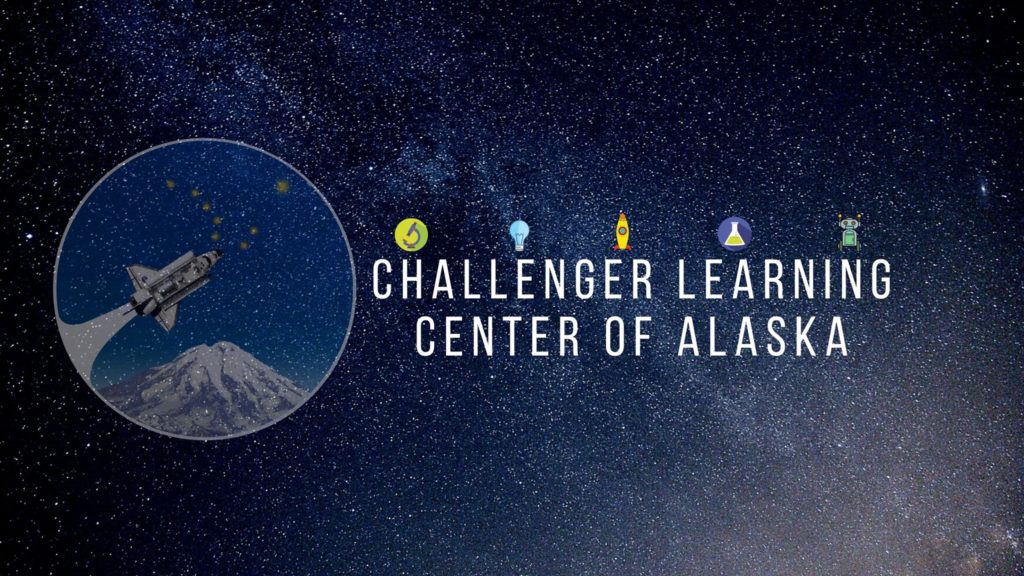The Challenger Learning Center of Alaska is the recipient of the 2020 Arthur C. Clarke Award for Innovation in Education. The award aims to recognize Challenger Learning Centers that have implemented new, innovative programs or projects that impact student learning, support teachers, and promote creativity.
The Arthur C. Clarke Award is sponsored and presented by Dr. Joseph Pelton, a close friend of Arthur C. Clarke and a founding board member of the Arthur C. Clarke Foundation. During the Challenger Center Annual Conference on August 12, Dr. Pelton recognized the significance of the Alaska Center’s Alaska Meets Bermuda Camp. He noted how important the student engagement and cultural exchange opportunity is that the Alaska Meets Bermuda camp provides.
Starting July 2019, Challenger Learning Center of Alaska has worked alongside the Bermuda Ministry of Education to conduct multiple summer STEM Academies. In previous years, Challenger has gone to Bermuda to deliver the camp to middle school students. This program allows Challenger the opportunity to expand their mission to include other cultures in educating the workforce of tomorrow through stimulating, hands on, STEM curriculum.
Colette Gilmour of the Challenger Learning Center of Alaska: “We’re a part of the Challenger network, and they – in conjunction with the sponsor of the award, Dr. Pelton, he went to Challenger network headquarters and wanted to put together this award. We communicate with the Challenger Center throughout the year and they’re always in working conjunction with us in knowing what all of the centers are implementing throughout the season and our new programs. So, through their knowledge of everything that we’re doing, they put us in for the running and he picked us and we were rewarded that award for the Bermuda camp.”
In July, after COVID-19 interrupted the original idea to have a cultural STEM exchange camp with Bermudian students traveling to Alaska to participate face-to-face with Alaskan students, followed by Alaskan students traveling to Bermuda, the staff adapted and went with a virtual program. Kits were mailed to students to ensure their projects could be hands-on and interactive. The students collaborated to learn scenarios of what it would mean to live on the Moon, constructing projects like biospheres, rover landers, and space habitations.
Dr. Pelton was excited to see the virtual use of NASA’s equipment from the Artemis program, the Orion capsule, and the Natural Buoyancy Lab, being demonstrated to the students throughout the camp.

